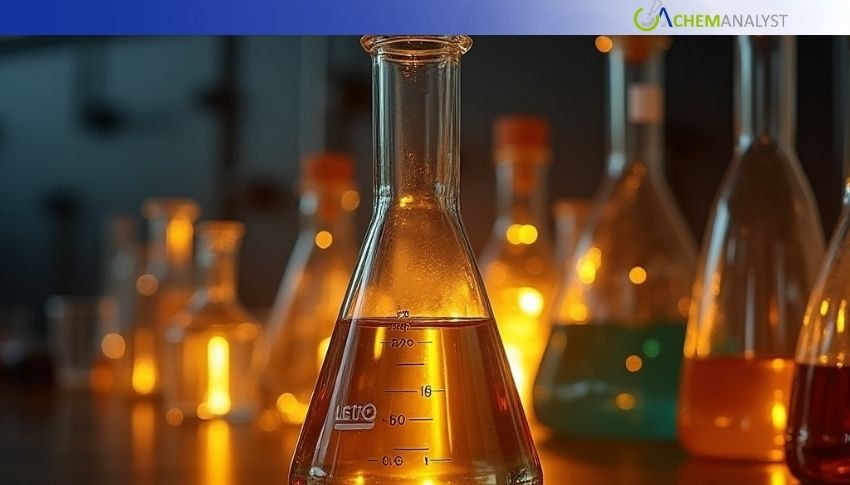Welcome To ChemAnalyst

During the latter part of July, U.S. ethanol prices experienced a slight increase spurred by improved exports, increasing stocks, and political support in the form of new trade deals with Indonesia and Japan. Conversely, Brazil's ethanol industry was subject to downward pressure from oversupply, poor local demand, and increasing trade tensions with the U.S., including the potential retaliatory tariff. As American sentiment shifted warily hopeful on export opportunities, Brazil's prospects were uncertain due to port backlog and policy confusion, even as production remained steady. The divergent trends reflect dichotomous fortunes within the world ethanol market as July went along.
As the second half of July started, Brazilian and American Ethanol markets diverged in response to national policies, changing production trends, and international trade evolution. Though the American market experienced a minor price boost supported by more robust exports and political support, Brazil was subject to increase pressure from oversupply and trade tensions with Washington.
In the United States, ethanol output fell by almost 1% in the week through July 18, but that fall was compensated by a 3% increase in stocks and a 15% increase in weekly exports, EIA data showed. Although domestic blending demand remained firm, the better export prospects helped push Midwest and Gulf Coast ethanol prices higher by a modest amount. Political support added further to sentiment.
President Trump revealed new trade framework deals with Indonesia and Japan on July 22, with both nations committing to improved market access for American agricultural and energy goods—specifically, ethanol and sustainable aviation fuel (SAF). Industry organizations such as the Renewable Fuels Association, Growth Energy, and the U.S. Grains Council embraced these agreements as central moves toward unlocking potential in Asian markets and bolstering long-term export support.
Nevertheless, tensions continued elsewhere. The U.S. Trade Representative (USTR) officially initiated an investigation into Brazil's tariff and non-tariff barriers on imports of U.S. ethanol. U.S. officials condemned Brazil's 18% tariff on imports of ethanol while citing the disparity with America's 12.5% duty. The specter of a possible 50% retaliatory tariff hung over Brazilian goods beginning Aug. 1, further aggravating bilateral tension.
Conversely, the Brazilian ethanol market experienced sustained bearish pressure. While domestic production remained stable with steady corn ethanol production in Mato Grosso and Goiás, prices weakened as hydrous ethanol segments' demand remained weak. Congestion at ports and inventory accumulation contributed to the downside, even as volumes exported remained flat.
The market also continued to be cautious against moving domestic attention towards DDGS by-products, particularly with fresh trade opportunities in China and other Asian buyers taking some attention away from ethanol itself. Although Brazil's production capacity continued to be strong, the lack of robust retail fuel demand and policy stability left Ethanol sentiment weak.
Looking forward, though the U.S. market signaled gentle recovery and optimism around exports and regulatory direction, Brazilian ethanol prospects were more tenuous. Policy cues—such as the soon-to-be-announced blending mandate increase—could sustain prices in August, but near-term oversupply and trade uncertainty left the market anxious as July unfolded.
We use cookies to deliver the best possible experience on our website. To learn more, visit our Privacy Policy. By continuing to use this site or by closing this box, you consent to our use of cookies. More info.
